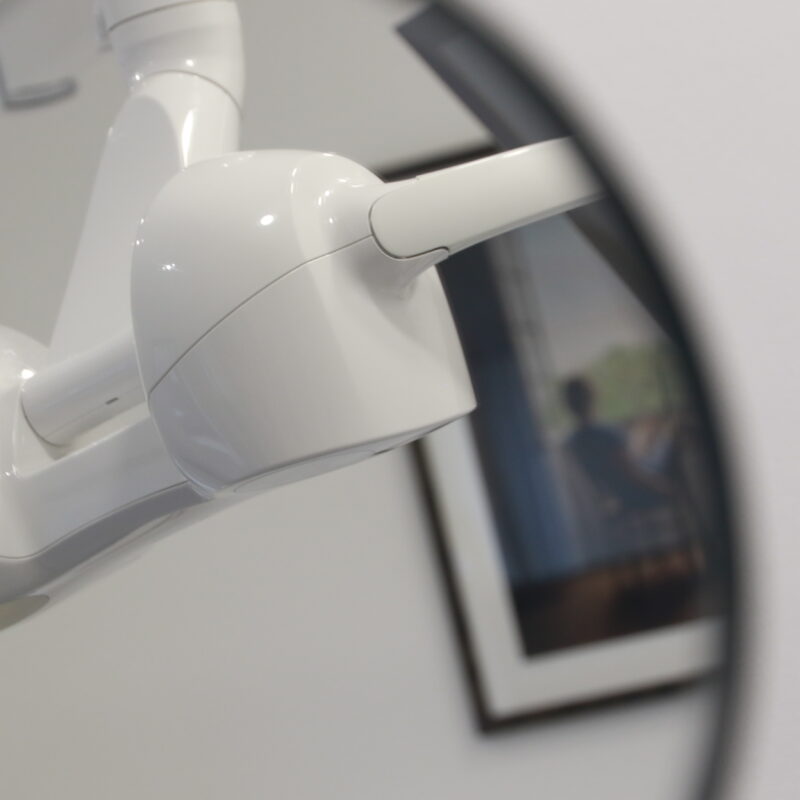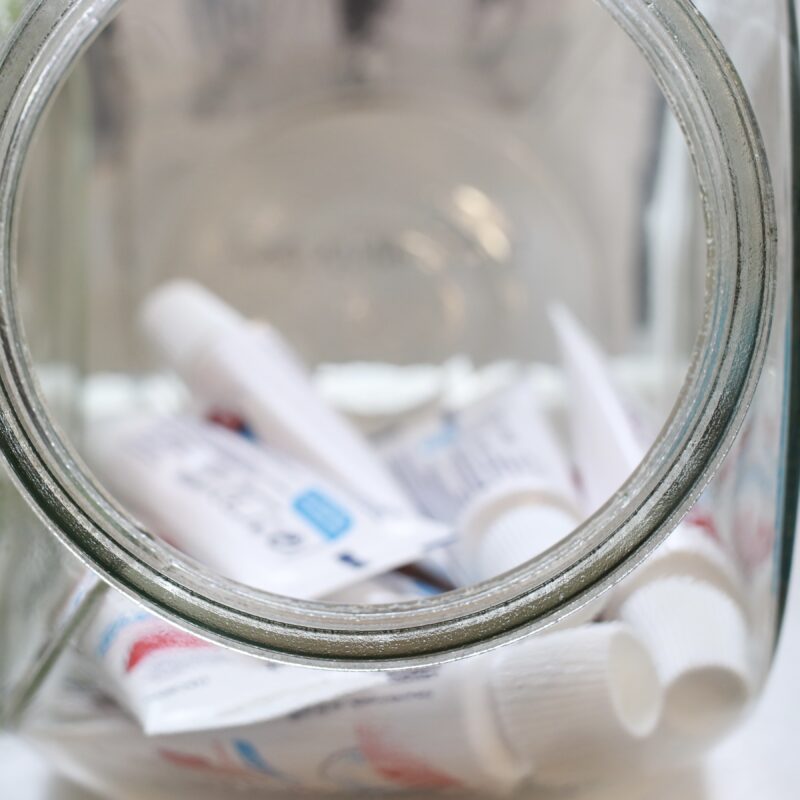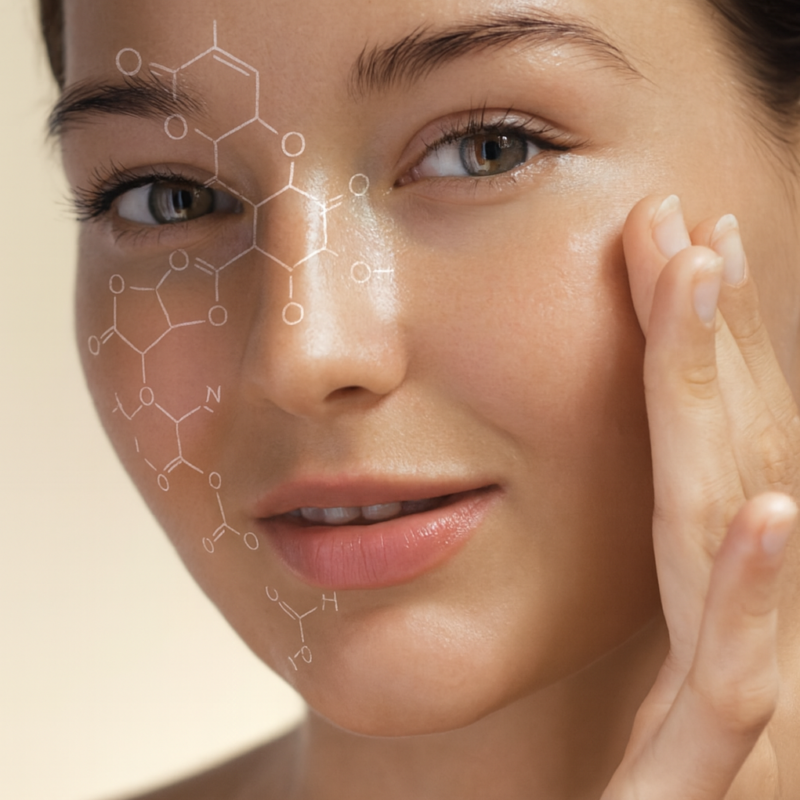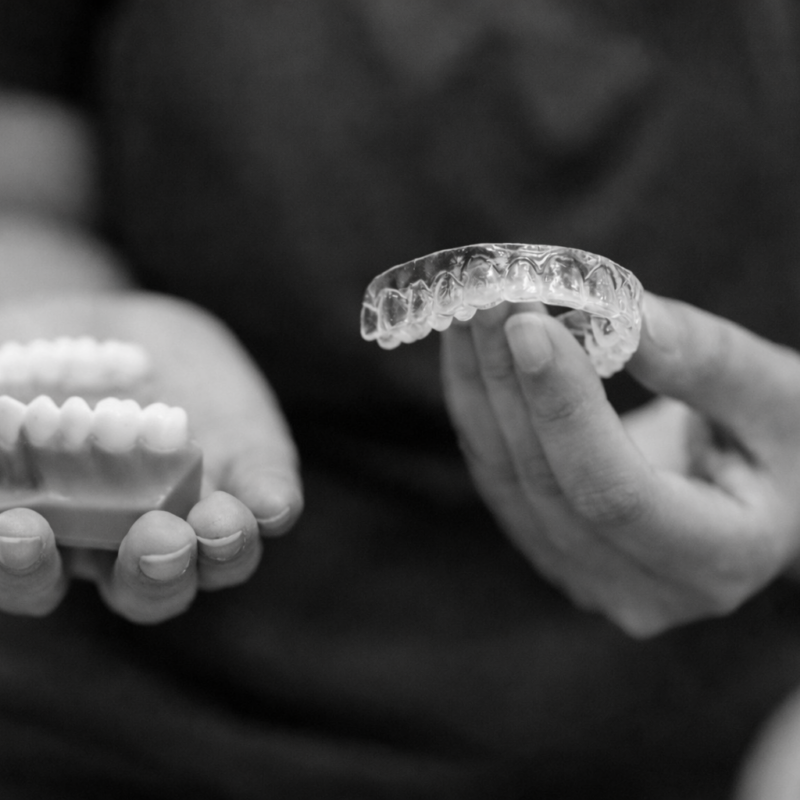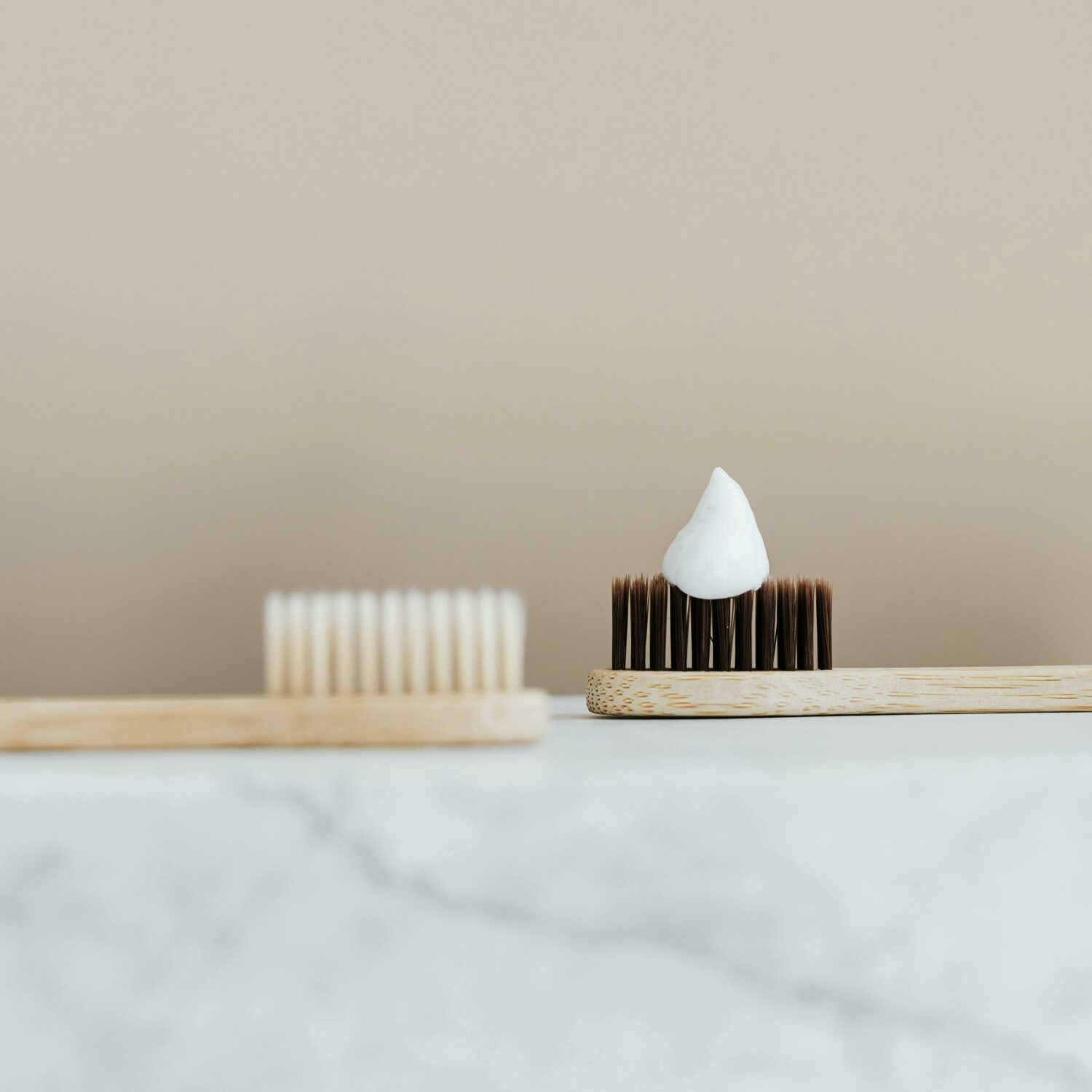
- Prevents Future Dental Issues: Keeping your teeth clean and your mouth healthy helps to prevent the development of cavities, gum disease, and other dental issues. Consistent brushing, flossing, and using mouthwash can help maintain optimal oral health.
- Promotes Healing: After procedures such as extractions, fillings, or surgical dental treatment, excellent aftercare can help minimise discomfort and promote healing. Following the dentist's post-operative instructions helps to reduce the risk of complications such as infection, pain and swelling.
- Prevents Infection: Excellent oral hygiene practices at home, including regular brushing, flossing and use of interdental brushes, will reduce the risk of bacterial buildup that causes gum disease or advanced tooth decay, which may result in localised infections.
- Enhances the Longevity of Dental Treatments: Good oral hygiene and care help maintain the integrity of dental work, such as implants, crowns, bridges, or fillings.
- Encourages Good Habits: Establishing a routine for at-home dental care reinforces positive habits that benefit long-term oral health. This includes regular check-ups, a balanced diet, and effective brushing, flossing and interdental cleaning techniques.
- Improves Overall Health: Oral health is closely linked to general health. Effective oral hygiene and care of your teeth can minimise the risk of systemic problems such as heart disease and diabetes, which have been connected to periodontal disease.
- Cost-Effective: Preventing dental issues through proper aftercare can save money in the long run. Avoiding the need for more extensive treatments due to negligence can lead to significant savings.
What toothbrush should I be using?
Choosing the right toothbrush depends on several factors, including your oral health needs, preferences, and recommendations from your dentist. Here are some considerations to help you choose:
Bristle Type:
Soft Bristles: Most dentists recommend soft-bristled toothbrushes. They are gentle on your gums and enamel while effectively cleaning your teeth.
Medium or Hard Bristles: These can be overly abrasive and may cause gum recession or damage to your enamel, so they are generally not recommended.
Head Size:
A small-to-medium-sized head is usually more effective for reaching tight spaces and the back teeth. Choose one that feels comfortable in your mouth.
Manual vs. Electric:
Manual Toothbrush: Effective if you brush properly and consistently. They are portable and do not require batteries.
Electric Toothbrush: They can be more effective at reducing plaque and gingivitis, especially if you struggle with maintaining the proper brushing technique, and are less technique sensitive. Many have timers to help you brush for the recommended two minutes.
What toothpaste should I be using?
Choosing the right toothpaste depends on your individual dental needs and preferences. Here are some factors to consider:
Fluoride Content: Most dentists recommend fluoride toothpaste, as fluoride helps to strengthen enamel and prevent cavities.
Sensitivity: If you have sensitive teeth, look for toothpaste specifically designed for sensitivity. These products typically contain ingredients that help reduce sensitivity.
Whitening: Whitening toothpastes are generally not effective, and, if abrasive, may even make your teeth darker in the long term.
Natural Ingredients: If you prefer natural products, there are many fluoride-free options available that use natural ingredients, however studies show that fluoride significantly rescues the incidence of tooth decay.
It’s a good idea to consult your dentist or hygienist for personalized recommendations based on your dental health.
Should my toothpaste contain fluoride?
Adult toothpaste typically contains a fluoride compound at a concentration of 450 to 1500 parts per million (ppm). This range is considered effective in helping to prevent tooth decay while remaining safe for adults. When choosing a toothpaste, check the packaging for the specific fluoride content, and consult with a dentist if you have concerns about fluoride use.
Saliva is a natural protection from tooth decay. As you get older, you are likely to have less saliva, particularly at nighttime. With age, you are also more likely to have gum recession, exposing the roots of your teeth. Reduction in saliva will accelerate any decay process around the roots of your teeth. Fluoride-containing toothpaste is a great way to combat tooth decay.
Whether or not your toothpaste should contain fluoride depends on several factors, including your dental health, age, and personal preferences. Here are some considerations:
- Cavity Prevention: Fluoride is widely recognized for its ability to help prevent tooth decay and strengthen tooth enamel. If you're at higher risk for cavities, fluoride toothpaste is generally recommended.
- Age Considerations: Fluoride is especially beneficial for children, as it can help strengthen developing teeth. However, the amount of fluoride should be appropriate for their age. For infants and young children, there are fluoride-free options available to reduce the risk of dental fluorosis.
- Adult Needs: For adults, fluoride toothpaste is also advisable, especially for those with a history of cavities or existing dental issues.
- Sensitivity and Allergies: Some individuals may be sensitive to fluoride or prefer to avoid it for personal reasons. There are numerous fluoride-free toothpaste options available that may use alternative ingredients for oral health.
- Consultation with a Dentist: It's a good idea to consult with your dentist or hygienist, who can provide personalised recommendations based on your dental history, current conditions, and any specific needs you may have.
Should I rinse after using toothpaste?
The general recommendation is to avoid rinsing your mouth with water immediately after brushing your teeth with toothpaste. Rinsing can wash away the fluoride and other active ingredients in the toothpaste that help protect and strengthen your teeth. Instead, it's often suggested that you spit out the excess toothpaste and allow the remaining toothpaste to stay on your teeth for a little longer to maximize its benefits.
Should I be using mouthwash? Who should be using mouthwash?
- General Population: Most people can benefit from using the correct mouthwash as part of their daily oral hygiene routine.
- Individuals with Dental Issues: People with cavities, gum disease, or other dental problems may be advised to use specific therapeutic mouthwashes.
- Patients with Braces: Those wearing braces or other orthodontic appliances may find mouthwash helpful for maintaining oral cleanliness.
- Smokers and Tobacco Users: Mouthwash can help mitigate bad breath caused by tobacco use.
- People with Dry Mouth: Those suffering from dry mouth (xerostomia) may use mouthwash designed to relieve dryness and provide moisture.
- Individuals who want Fresh Breath: Mouthwash is effective for those who want to ensure fresh breath, especially before social interactions.
When should I be using mouthwash?
- Throughout the Day: Depending on the type of mouthwash, you may use it at different times, such as after meals or snacks.
- Before Bedtime: Using mouthwash before bed can help reduce the risk or progression of tooth decay or gum disease.
- As Directed: If prescribed by a dentist, follow their specific instructions on when and how to use medicinal mouthwash.
Do not use mouthwash right after brushing your teeth or it will wash away the concentrated fluoride left on your teeth from the toothpaste!
Should I rinse after using mouthwash?
For many mouthwashes, particularly those containing fluoride, it's often advised not to rinse your mouth with water immediately after using it. This allows the active ingredients to remain on your teeth and offer maximum protection against cavities and other dental issues.
What type of mouthwash should I be using?
- Types of Mouthwash: There are cosmetic mouthwashes (primarily for freshening breath) and therapeutic mouthwashes (which help with specific oral health issues). Choose the right type based on your needs.
- Alcohol vs. Non-Alcohol: Some mouthwashes contain alcohol, which can be drying for some users. Non-alcohol options are available, particularly for those with dry mouth or sensitivity. Generally, alcohol-containing mouth rinses should be avoided.
Regular brushing and flossing should remain the cornerstone of oral hygiene, with mouthwash used as a supplementary aid rather than a replacement.
Flossing and interdental cleaning
Benefits of Interdental Cleaning
Prevention of Cavities: Flossing helps to remove food debris and plaque that can lead to tooth decay in areas that toothbrushes can’t reach.
Gum Health: Interdental cleaning reduces the risk of gum disease (gingivitis and periodontitis) by preventing plaque buildup and removing trapped food, and so reducing any inflammation of the gums.
Fresh Breath: By removing food particles and bacteria between the teeth, flossing can help improve breath odour.
Overall Health: Good oral hygiene, including flossing, is linked to overall health and can reduce the risk of systemic diseases.
Proper Flossing Technique
Use the Right Amount: Cut about 18 inches of dental floss and wind the ends around your middle fingers, leaving a few inches of floss to work with. You may find that different areas of your mouth require different fingers to be used.
Gentle Insertion: Hold the floss tightly between your thumbs and index fingers, and gently slide it between your teeth using a sawing motion.
Curved Motion: Once the floss is between your teeth, curve it around each tooth in a C shape. Move it up and down against the side of the tooth to clean effectively.
Avoid Cutting Gums: Be gentle to avoid damaging your gums. If you feel pain or discomfort, you might be flossing too aggressively.
Use Fresh Sections: Use a clean section of floss for each tooth to prevent the transfer of bacteria.
Frequency
It is generally recommended to floss at least once a day. Many people choose to do it at night before brushing their teeth.
Alternatives
If traditional dental floss is difficult to use, there are alternatives such as:
Floss Picks: These are small, plastic devices with a piece of floss attached, making it easier to manoeuvre.
Water Flossers: These devices use a stream of pulsating water to remove food particles and plaque.
- Interdental Brushes: Small brushes designed to clean between teeth have been shown to be more effective than flossing generally, though flossing with a good technique is the gold standard.
Conclusion
At-home dental aftercare is crucial for maintaining oral health, promoting recovery after dental procedures, and preventing further issues.
Follow the link below for the aftercare product suggestions:
More
from the blog
Blog /Advice
Veneers Vs composite bonding
An Evidence-Based Comparison of Two Popular Cosmetic Dental Treatments
Read moreBlog /Advice
Is High-Fluoride Toothpaste Safe?
Benefits, Risks, and How It Protects Against Tooth Decay
Read moreBlog /Advice
Nutritional Effects on Oral Surgery Outcomes
Preparing Your Body for Faster Recovery
Read moreBlog /Advice
PRF facials - Platelet-Rich Plasma
Learn how platelet-rich fibrin treatments naturally restore youthful skin
Read more

